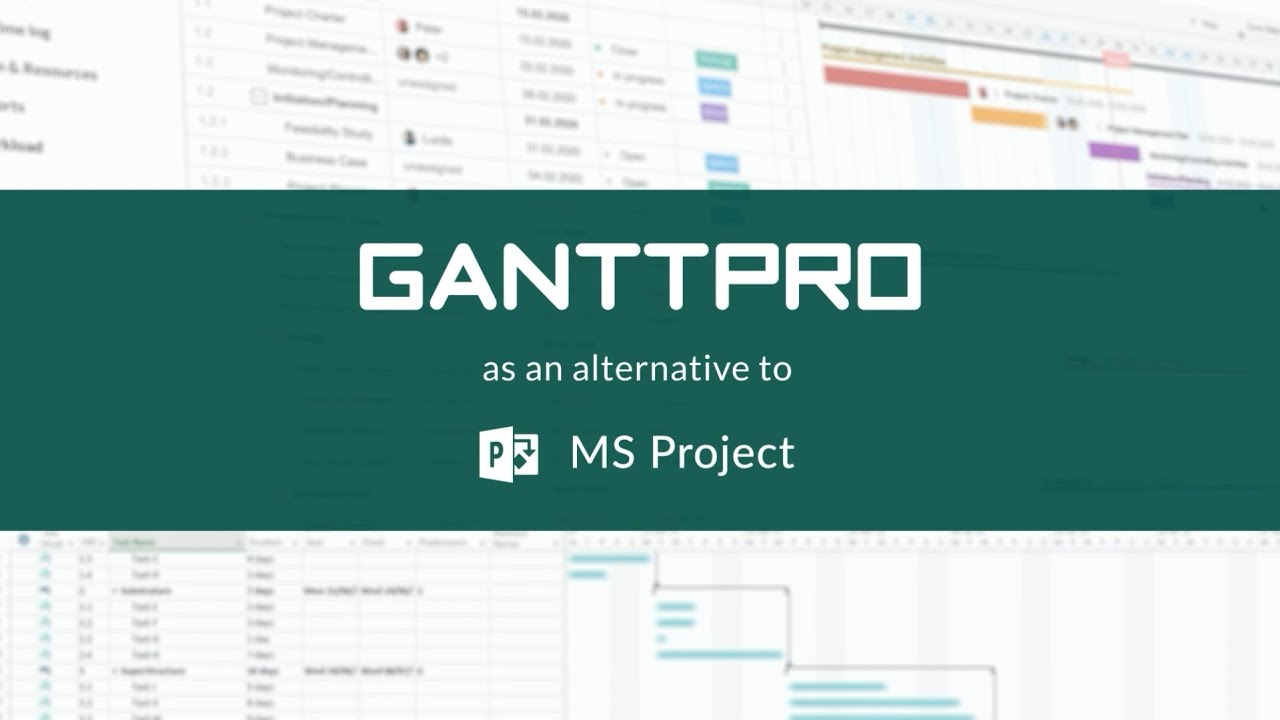How Does Cost Management Support Project Closure and Post-Project Review Processes?
Cost management is a critical aspect of project management that helps ensure a project is completed within its budget. It provides the framework and tools needed to effectively plan, execute, monitor, and control project costs. This support helps project teams make informed decisions about how to allocate resources and manage budget constraints throughout the project lifecycle.
In this article, we will explore how cost management supports project closure and post-project review processes. We will discuss the importance of cost management in these processes and provide tips for making the most of it.
Project Closure
Project closure is the final stage of the project lifecycle. It marks the end of the project and the transition to operations. During this stage, the project team must complete all remaining work, close out any contracts, transfer ownership of the project deliverables, and perform a final assessment of the project’s success.
Key Elements of Project Closure
The following are the key elements of project closure:
- Completion of all remaining work
- Contract closure
- Transfer of ownership
- Final assessment of project success
Completion of All Remaining Work
Cost management plays an important role in ensuring that all remaining work is completed on time and within budget. By tracking project costs and monitoring progress, the project team can identify any potential issues and make necessary adjustments to keep the project on track.
“Cost management is the foundation for project success.” - PMI
Contract Closure
During contract closure, the project team must finalize all contracts and agreements related to the project. This includes closing out any outstanding payments and resolving any disputes or claims. Cost management helps to ensure that all contracts are closed out properly and that all parties involved are satisfied with the results.
Transfer of Ownership
The transfer of ownership is the process of handing over the project deliverables to the stakeholders. This requires the project team to ensure that all deliverables meet the required quality standards and that they are ready for use. Cost management can help to ensure that all deliverables are completed within budget and on time, making the transfer of ownership smoother and more efficient.
Final Assessment of Project Success
The final assessment of project success is the process of evaluating the project against its objectives. This includes evaluating the project’s performance, results, and impact. Cost management can provide valuable information for this assessment by providing data on the actual costs of the project and how they compared to the budget.
Benefits of Effective Project Closure
The following are the benefits of effective project closure:
- Improved stakeholder satisfaction
- Increased chances of repeat business
- Better understanding of what worked and what didn’t
Improved Stakeholder Satisfaction
Effective project closure leads to improved stakeholder satisfaction. By completing all remaining work, closing out contracts, transferring ownership, and performing a final assessment of project success, the project team demonstrates their commitment to delivering a high-quality project.
Increased Chances of Repeat Business
Effective project closure also increases the chances of repeat business. By demonstrating their ability to deliver high-quality projects, the project team builds trust and credibility with stakeholders. This can lead to future opportunities for repeat business.
Better Understanding of What Worked and What Didn’t
The final assessment of project success provides valuable feedback to the project team. By evaluating the project’s performance, results, and impact, the team can identify what worked well and what areas need improvement. This information can be used to improve future projects and increase the chances of success.
Post-Project Review Processes
Post-project review processes are the activities that follow the completion of a project. They are designed to evaluate the project’s performance, results, and impact, and to identify areas for improvement. These processes provide valuable feedback to the project team and help to improve future projects.
Key Elements of Post-Project Review Processes
The following are the key elements of post-project review processes:
- Evaluation of project performance
- Assessment of results and impact
- Identification of areas for improvement
- Documentation and analysis of lessons learned
Evaluation of Project Performance
The evaluation of project performance involves assessing the project against its objectives and goals. This includes evaluating the project’s schedule, budget, and quality. Cost management can provide valuable information for this evaluation by providing data on the actual costs of the project and how they compared to the budget.
Assessment of Results and Impact
The assessment of resultsand impact involves evaluating the impact of the project on the stakeholders and the environment. This includes assessing the project’s benefits, risks, and outcomes. Cost management can help to ensure that project benefits are realized and that costs are minimized.
Identification of Areas for Improvement
The identification of areas for improvement is a critical component of post-project review processes. By evaluating the project’s performance, results, and impact, the project team can identify areas where they can improve in future projects. Cost management can provide valuable information for this process by providing data on where costs were higher than expected and what factors contributed to these costs.
Documentation and Analysis of Lessons Learned
Documentation and analysis of lessons learned is the process of documenting and sharing the lessons learned from the project. This information can be used to improve future projects and increase the chances of success. Cost management can provide valuable information for this process by documenting the actual costs of the project and how they compared to the budget.
Benefits of Effective Post-Project Review Processes
The following are the benefits of effective post-project review processes:
- Improved future projects
- Increased chances of success
- Better understanding of what worked and what didn’t
Improved Future Projects
Effective post-project review processes lead to improved future projects. By evaluating the project’s performance, results, and impact, and identifying areas for improvement, the project team can make informed decisions about how to improve future projects.
Increased Chances of Success
Effective post-project review processes also increase the chances of success. By using the lessons learned from previous projects, the project team can make informed decisions about how to allocate resources and manage budget constraints. This can lead to improved project outcomes and increased chances of success.
Better Understanding of What Worked and What Didn’t
The evaluation of the project’s performance, results, and impact provides valuable feedback to the project team. By understanding what worked well and what areas need improvement, the team can make informed decisions about how to improve future projects.
Conclusion
Cost management plays a critical role in supporting project closure and post-project review processes. By providing the framework and tools needed to effectively plan, execute, monitor, and control project costs, cost management helps project teams make informed decisions about how to allocate resources and manage budget constraints. Effective project closure and post-project review processes lead to improved stakeholder satisfaction, increased chances of repeat business, and better understanding of what worked and what didn’t.

